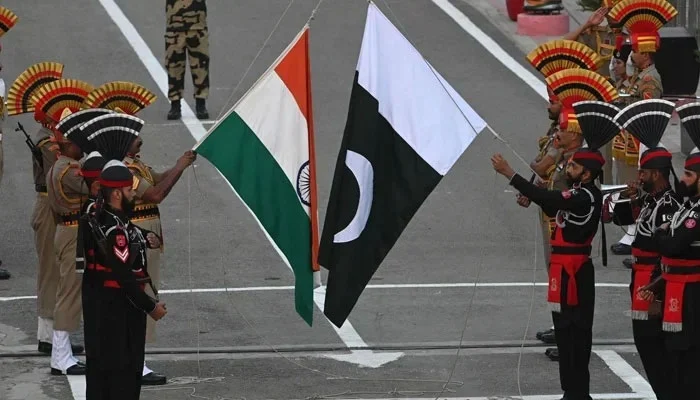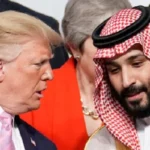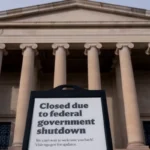We were able to initiate the discussion process to create space to move forward because of this coalition of the willing, ownership at the Foreign Office, and the political push. This is by no means exceptional; rather, it is a very straightforward and sensible strategy for pursuing your interests, one that is based on the settlement of disputes rather than the escalation of conflict.
Using this strategy, Pakistan was able to renounce its long-standing claim that commerce cannot advance unless Occupied Jammu and Kashmir progresses. In the FO, I argued that anyone who thinks that is actually not interested in advancing the Kashmir issue.
The reasoning behind it was straightforward: difficulties cannot be resolved in a hostile atmosphere; progress toward normalization is necessary before discussing solutions to difficult issues can even be raised. Similarly, we refuted India’s assertion that terrorism was a domestic problem. Since Pakistan was the victim of terrorism before India was, it was our concern and we would be better served to view terrorism as a shared menace.
We initiated the trade normalization process as a result of all of this. We succeeded in shifting the positive list to the negative list and advancing the process of giving India MFN status. A summary of that was also sent to the cabinet, but it was never returned.







